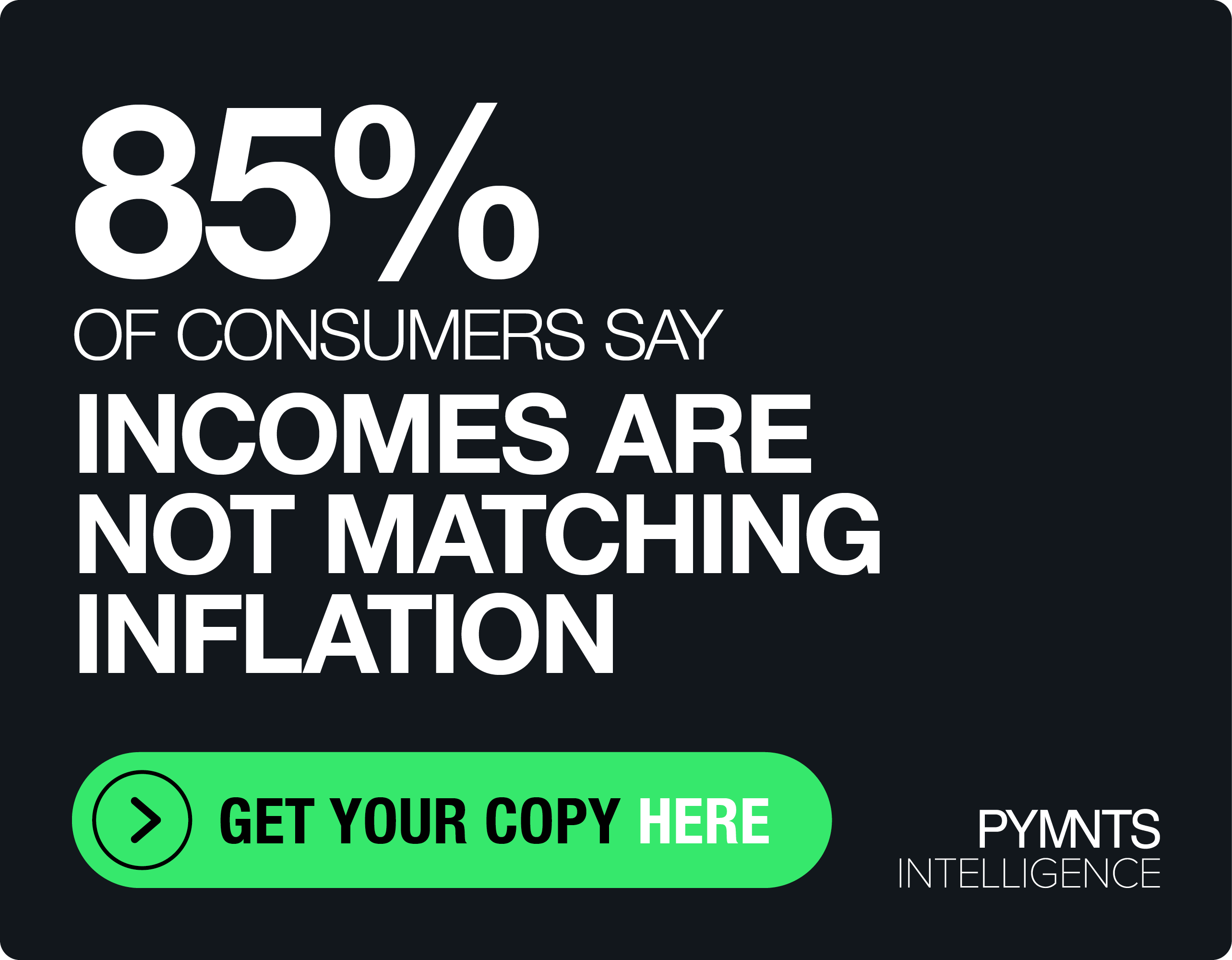Retailers See A Future For Drones Beyond Delivery

Ever since 2013, when Amazon CEO Jeff Bezos said the eCommerce giant was working on a 30-minute drone delivery program called Prime Air, people have been saying that delivery is the big retail use case for drone technology. Domino’s furthered the point by delivering a pizza by drone in 2016.
Regulatory red tape has so far kept either delivery program from becoming a reality, but the technology was there and the value proposition was clear, as retail and logistics companies worldwide struggle to solve the last-mile conundrum.
Now, however, Walmart has charged onto the scene with a new use case and a new value proposition for drones — and it may have an easier time getting around the red tape, on account of there being significantly less red tape around drones for agricultural purposes.
Reuters reports that Walmart last year applied for six patents on drones designed to prevent damage to crops, mitigate pest attacks and augment cross-pollination between plants. Documents detailing the plans became public last week from the U.S. Patent and Trademark Office.
Reuters noted that groceries comprise 56 percent of Walmart’s total revenue. It seems the retailer hopes to protect that market share by introducing new efficiencies both on the production side and on the consumer side.
The filings suggest Walmart is looking at a future where farmers leverage drones to spot crop problems, selectively apply chemicals and help disperse pollen.
One patent is for a drone that can identify crop-damaging pests and dispense insecticides where needed — and only where needed. That could translate into significant cost-savings for farmers, in addition to supporting Walmart’s sustainability push: The company has previously worked with suppliers to reduce fertilizer use in an effort to protect the environment.
Walmart’s goal, of course, is to provide shoppers the freshest produce possible at the cheapest price point they can manage.
As with any other segment of the retail industry, a job that can be automated is a job that gets done faster, cheaper and with greater consistency than if it had been done manually, saving on labor and production costs while producing a homogeneous crop that is pleasing to the eye (and mouth).
The ability to grow better food faster and cheaper could prove critical in Walmart’s bid to stay ahead of grocery competitors such as Amazon (with its purchase of Whole Foods Market last year), ALDI and Lidl (two discount chains whose bargains are pushing competitors into a pricing war).
If Walmart gets its way, it won’t be the first time drones have been used in U.S. agriculture. They’re already used to survey fields, providing imagery farmers can use to estimate harvest size or identify systemic problems like nutrient deficiencies. This has been legal according to the Federal Aviation Administration (FAA) since 2016.
Indeed, it won’t even be the first time Walmart has considered an agricultural use case for drones. The company’s first drone patent application proposed devices that could monitor growing conditions and communicate with stores about when and from where produce may arrive.
But, as Reuters noted, the latest filings go further than that. These proposed drones would not only be able to identify problems on farms; they could also play a role in addressing them.
All told, Walmart has applied for 46 drone-related patents — though many of these are, admittedly, focused on delivery.
Those delivery drones could soon see the light of day, according to a recent report by The Wall Street Journal. Federal regulators and industry officials say that commercial drones may begin limited package deliveries within the next few months as the government pushes for progress on this controversial topic.
Provided all parties can get past their security concerns, there are 10 FAA-approved pilot programs for drone initiatives set to start by May, likely including package delivery. Amazon is reportedly pushing for safety approval on its drone designs in addition to precise operating rules.
Officials said they want to move as quickly as possible on this, and that airborne deliveries may be “a lot closer than many of the skeptics think.”
